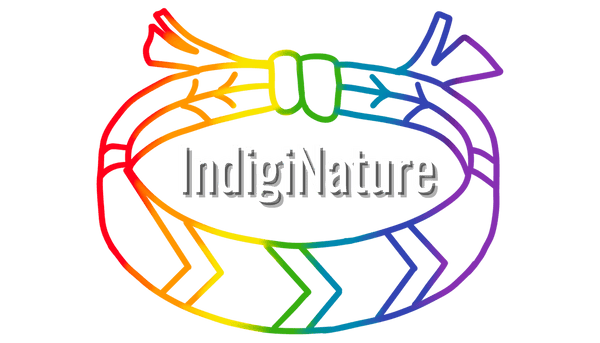On 28 July 2010, through Resolution 64/292, the United Nations General Assembly explicitly recognized the human right to water and sanitation and acknowledged that clean drinking water and sanitation are essential to the realisation of all human rights. The Resolution calls upon States and international organisations to provide financial resources, help capacity-building and technology transfer to help countries, in particular developing countries, to provide safe, clean, accessible and affordable drinking water and sanitation for all.
Prime Minister Justin Trudeau committed during the 2015 election to eliminating all long-term drinking water advisories on public water systems on First Nations reserves by March 31, 2021. They have failed to meet that deadline. There are still 60 water advisories in effect in 41 First Nations communities as of November 2020, and some communities won't be able to get clean water out of their taps for many years.
An auditor's review of the First Nations drinking water crisis found Indigenous Services Canada's efforts to lift boil water advisories have been constrained by a funding policy that hasn't been updated in 30 years, and by the lack of a regulatory regime that includes legal protections comparable with other communities in Canada [CBC News]. Some may say COVID was the reason that the deadline was missed, however it was determined will before the fall of COVID that the government would not meet their self-imposed deadline.
| 20 years Some of the advisories date as far back as 1995 – like Shoal Lake 40 First Nation. |
5,000 A single drinking water advisory can mean as many at 5,000 people lack access to safe, clean drinking water. |
|
73% 73 per cent of First Nations’ water systems are at high or medium risk of contamination. |
The lack of binding water quality regulations coupled with erratic funding, insufficient infrastructure and degraded water sources have led to systemic problems with drinking water on reserves. |
What can I do?
- Write to Justin Trudeau.
- Donate here or here if you can. Remember you can claim it on your taxes.
- Be a fundraiser.
- Volunteer here or here

